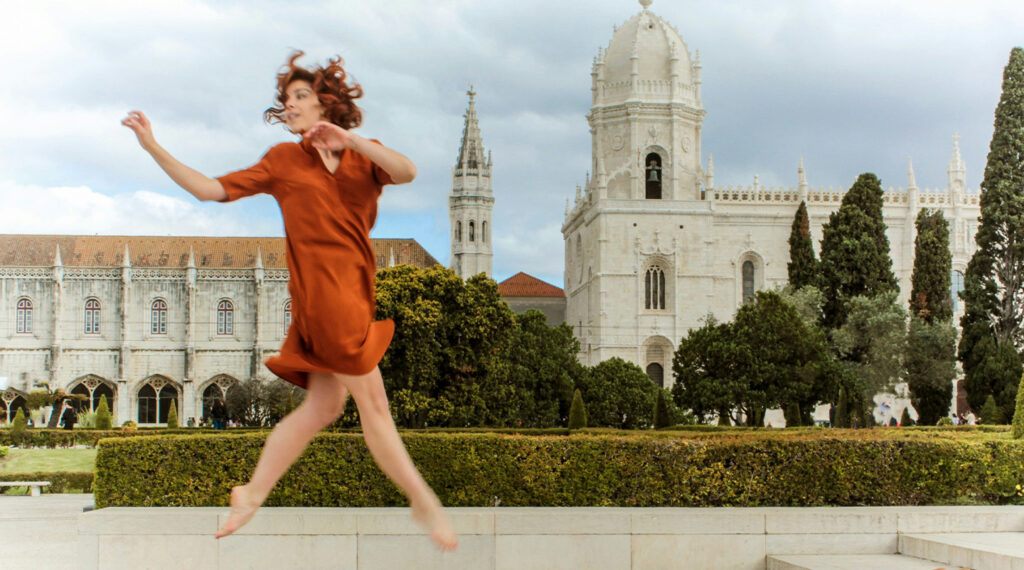What can culture do? A blueprint for Europe’s future

As Europe grapples with mounting crises – increasing geopolitical competition, a loss of direction, a fractured collective identity and the simmering but existential threat of climate change – the urgent question arises: “What can we do to change the dangerous course of our continent?” Given that many of these challenges have cultural underpinnings, a more pointed inquiry is, “What can culture do?” This is no rhetorical exercise; it is imperative.
The European Cultural Foundation embarked on a listening tour across 13 cities in 11 countries, engaging nearly 200 individuals from diverse sectors. The findings underline culture’s transformative potential in reshaping Europe’s political, social, environmental, and digital landscapes. These insights are not only timely but deeply inspiring.
At the core of the discussions was Europe’s identity crisis and growing fragmentation. The dream of a unified Europe, anchored in ideals of freedom and solidarity, is under strain. Populism and right-wing extremism have deepened divisions, while identity politics erode collective purpose. The war in Ukraine exposes vulnerabilities in Europe’s geopolitical and energy frameworks, yet a cohesive identity to navigate these challenges remains elusive.
Europe’s youth feel particularly alienated. Disconnected from traditional political systems, many perceive institutions as outdated and ineffectual in addressing critical issues like housing, climate action and democratic participation. Their disillusionment reflects a generation acutely aware of global and social crises yet feeling powerless to effect change. The digital realm, once heralded as a democratising force, has devolved into a battleground of misinformation and outrage. Social media algorithms amplify sensationalism over substance, distorting public discourse and eroding trust in democratic institutions. Compounding this is the decline of open, inclusive physical civic spaces, leaving a void where meaningful dialogue and collective action should thrive.
In this bleak context, culture emerges as a powerful counterforce. The tour’s findings emphasise culture’s ability to inspire hope, challenge norms and foster empathy. It provides platforms for marginalised voices, dismantling exclusionary narratives and cultivating inclusivity. Culture bridges generations, offering youth a meaningful connection to heritage, communities and aspirations. Through intergenerational dialogue, it rekindles shared purpose and solidarity.
Culture also plays a critical role in resisting populism. By promoting narratives that celebrate diversity and mutual understanding, it safeguards democratic values against extremist ideologies. While culture alone cannot solve Europe’s challenges, it offers the emotional and intellectual scaffolding necessary to envision and build a better future.
The philanthropic sector has a pivotal role in amplifying cultural initiatives. Long-term, flexible funding empowers grassroots organisations to address local needs effectively. Public spaces such as libraries and museums can be transformed into vibrant hubs of creativity and dialogue. Investments in open-source platforms and digital literacy initiatives can counter misinformation and foster equitable online spaces.
To address its crises effectively, Europe must place cultural and civic engagement at the forefront of its strategies. Local ownership and co-creation are crucial, as is the willingness to fund experimental initiatives that challenge the status quo. Business as usual is no longer an option. Europe must reimagine its cultural and civic infrastructure, ensuring accessibility and inclusivity across both physical and digital realms. Integrated cultural, environmental, and social initiatives can maximise impact, with youth empowerment as a cornerstone of these efforts.
Perhaps the most profound takeaway from the ECF’s listening tour is the reaffirmation that culture is not a peripheral luxury – it is central to Europe’s resilience and renewal. In addressing challenges of identity, war, climate and cohesion, culture offers a pathway to rediscover shared humanity and purpose. Through arts, storytelling and collective imagination, Europe can find the hope and inspiration it urgently needs.
In times of despair, when forces threaten to pull us apart, culture has the power to bring us together. It is not only a way to remember shared heritage, experience the present and envision the future; it is the essence of being human. Investment in culture is both visionary and strategic, requiring long-term commitment and a sense of responsibility for humanity. Culture is not a fifth wheel; it is the infrastructure, the steering wheel, and the fuel of Europe.
The task ahead is monumental, but the potential is immense. The message from the tour is clear: culture can heal, unite, and transform. The question is not just what culture can do but whether we are ready to embrace and invest in its power to change society and build a better Europe together through and with culture.
Read the full report from the What Can Culture Do listening tour
Read about the new strategy of the European Cultural Foundation
Read about ECF’s annual Cultural Deal for Europe policy conversation or sign up for the live-stream
Authors

